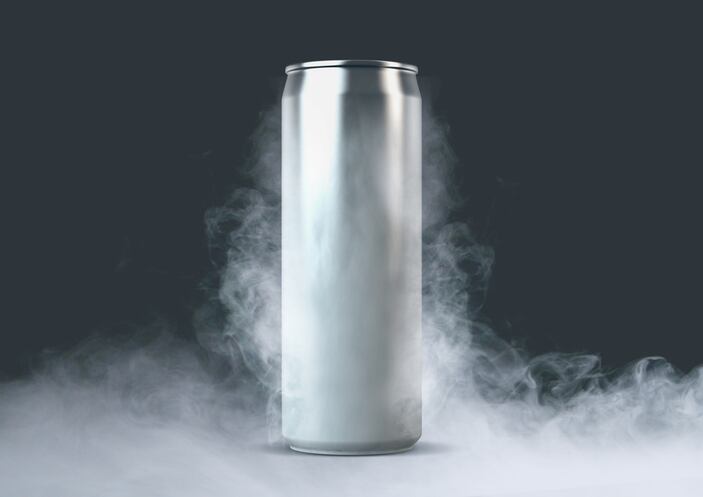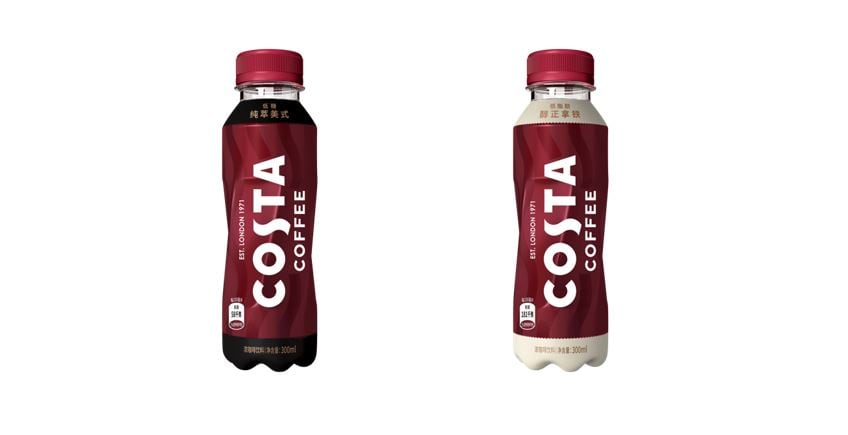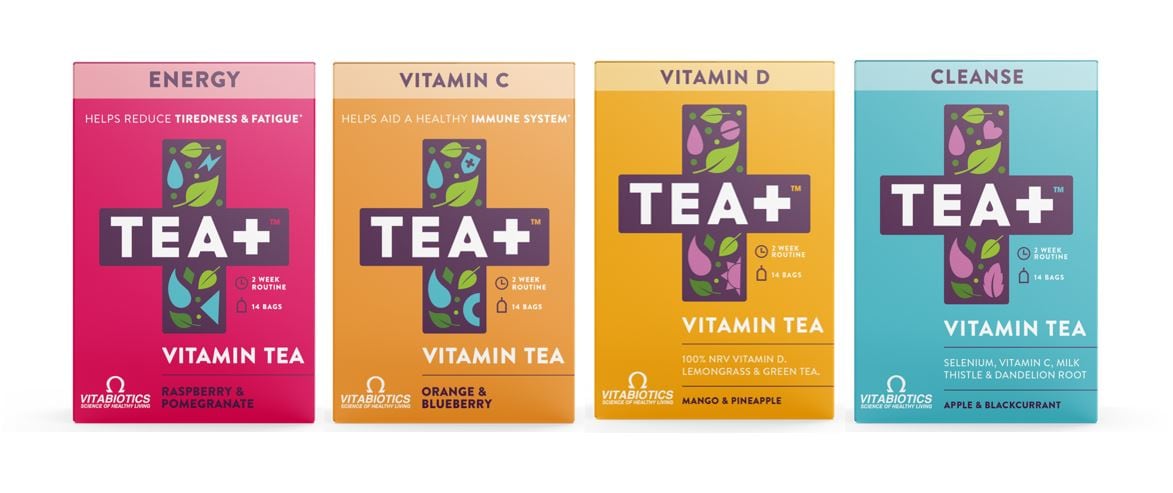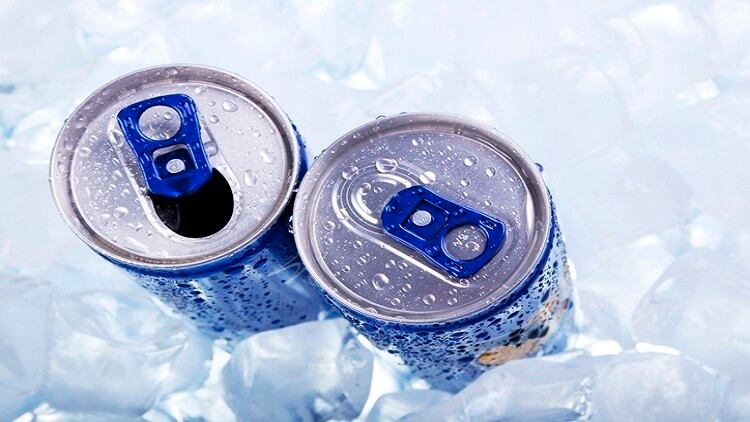That’s according to experts from Taisho Pharmaceutical and Kerry.
In an interview with FoodNavigator-Asia, Parth Patel, vice president of marketing and strategic planning at Kerry (Asia Pacific, Middle East and Africa) said energy drinks were increasingly becoming a lifestyle product.
He observed a rise in energy drinks that offer functions beyond an energy boost, such as those providing focus, stress relief, and managing the emotional health of individuals.
In addition, Patel also saw a rising demand for cleaner and healthier energy drinks, such as those lower in sugar or containing natural ingredients.
Nobuyuki Hiraga from Taisho Pharmaceutical’s corporate communications division agreed: “Apart from the typical target groups of students, athletes, professionals who need the additional energy boost, energy drinks was becoming a trend for various situations, such as during parties.”
Beyond energy boost
Kerry’s Patel added that consumers’ busy lifestyles had created an opportunity for energy drinks that offer stress relief and relaxation, or other such mood enhancement functions.
“Modern and hectic lifestyles result in increasing stress levels and dampening mood. Stress and emotional health concerns are the main causes of low energy.”
“This suggests a need for new product solutions that boost mood and improve mental wellness.”
Clean and healthier
Patel said consumers were also demanding for healthier energy drinks such as reduced sugar products which was largely led by intensified government campaigns on obesity risks.
According to him, energy drinks may contain 65% more sugar than soft drinks.
He added this was of concern to consumers: “They want energy-boosting products but not at the cost of their health, such as palpitations and jitters caused by high caffeine content or weight gain because of high sugar levels.”
One example is Japan’s Taisho Pharmaceutical which recently launched the country’s first caffeine-free energy drink under the Raizin brand containing the botanical ingredient, enXtra.
enXtra had been clinically proven to improve alertness and focus up to five hours and had also been backed by three clinical studies in sports nutrition, weight loss and cognitive care.
“In Japan, overdose of caffeine is one of the social problems. By including the new ingredient (enXtra) instead of caffeine, we respond to the needs of consumers who are worried about taking too much caffeine,” Hiraga said.
The Raizin energy drinks contain 150mg of enXtra per bottle (245mL), and zero calories.
Patel said protein was also a potential source for a slow-release energy boost for consumers who wanted a sustained release of energy over time.
Apart from reduced sugar products, Patel added there were also increasing demand for cleaner, natural and botanical ingredients.
He cited South Korea’s Bacchus energy drink which was formulated with Korean ginseng extract, taurine, royal jelly, B multi-vitamin complex and inositol, and apple juice.
Another example was Japan’s Suntory Minami Alps Peaker Bitter energy drink which contained guayusa extract, ginger and mint.
In a Kerry consumer survey covering 14 global markets, it revealed that 40% of consumers were more likely to buy a healthy lifestyle product based on research or scientific data.
Patel said promoting science-backed immune health benefits in energy drinks could also help capture the growing sports nutrition audience and consumer need for healthier beverages.
Euromonitor reported that the energy drink sector in Asia-Pacific recorded a market volume of more than 5,400 million litres in 2019, and projected to reach 6,800 million litres in 2024.
It said Japan (4.77% CAGR), China (4.48% CAGR), and Vietnam (3.99% CAGR) are expected to see the fastest growth between 2020 to 2022, with the Philippines and Thailand slowly rising.




